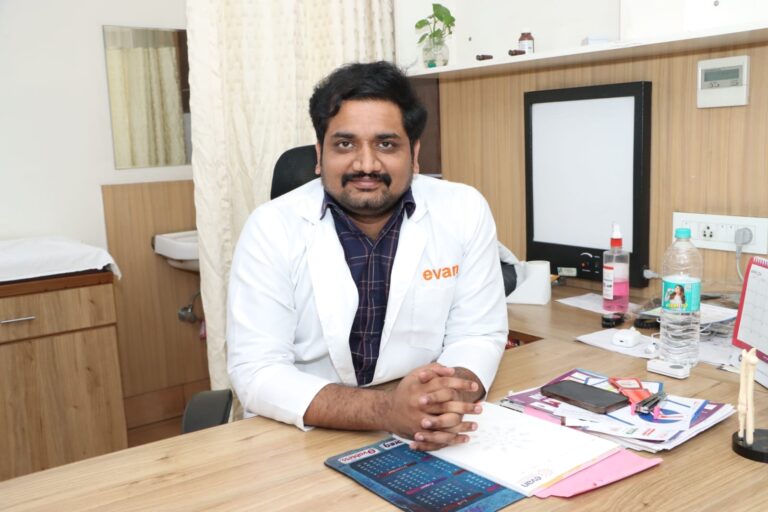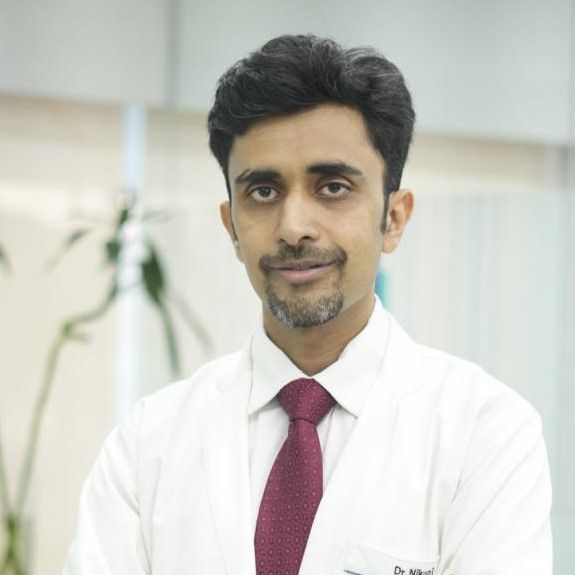diagnosis, treatment, and management of
Musculoskeletal disorders and injuries
The orthopedics department in Evan Hospital specializes in the diagnosis, treatment, and management of musculoskeletal disorders and injuries. This department plays a crucial role in restoring mobility, relieving pain, and improving the quality of life for patients with orthopedic conditions. Here is a detailed description of the components and services typically found in an orthopedics department:
1. Orthopedic Consultation Services:
Orthopedic surgeons and specialists provide initial evaluations and consultations for patients with orthopedic conditions, including musculoskeletal injuries, joint pain, and bone disorders.
They perform thorough physical examinations, review medical histories, and order diagnostic tests such as X-rays, MRIs, and CT scans to assess the extent of the problem and develop individualized treatment plans.
2. Orthopedic Surgery Services:
The orthopedics department offers a wide range of surgical procedures to treat musculoskeletal conditions, including fractures, joint replacements, arthroscopic surgery, and spine surgery.
Orthopedic surgeons are skilled in both traditional open surgery and minimally invasive techniques, depending on the nature and severity of the condition.
3. Joint Replacement Center:
Specialized centers within the orthopedics department focus on joint replacement surgeries, such as hip replacement, knee replacement, and shoulder replacement.
These centers provide comprehensive pre-operative evaluation, surgical expertise, post-operative care, and rehabilitation services to ensure optimal outcomes for patients undergoing joint replacement procedures.
4. Sports Medicine Services:
The orthopedics department may have dedicated sports medicine specialists who focus on the diagnosis, treatment, and prevention of sports-related injuries and conditions.
Sports medicine physicians work closely with athletes of all levels, from amateur to professional, to provide personalized care and rehabilitation programs tailored to their specific needs.
5. Pediatric Orthopedics:
Pediatric orthopedic specialists address musculoskeletal conditions and injuries in children and adolescents, including congenital abnormalities, growth plate injuries, and developmental disorders.
They provide comprehensive care for pediatric patients, including non-surgical management, surgical interventions, and long-term follow-up to monitor growth and development.
6. Hand Surgery and Upper Extremity Care:
Hand surgeons and upper extremity specialists focus on the diagnosis and treatment of hand, wrist, elbow, and shoulder disorders, including fractures, tendon injuries, and nerve compression syndromes.
They perform delicate surgical procedures to restore function and mobility to the hand and upper extremities, such as tendon repair, nerve decompression, and joint reconstruction.
7. Spine Center:
The orthopedics department may have a dedicated spine center that specializes in the evaluation and treatment of spinal disorders and conditions, including disc herniation, spinal stenosis, scoliosis, and degenerative disc disease.
Spine specialists offer a range of treatment options, including conservative management, spinal injections, and surgical interventions such as spinal fusion and decompression surgery.
8. Orthopedic Rehabilitation Services:
Rehabilitation therapists, including physical therapists and occupational therapists, collaborate with orthopedic surgeons to provide post-operative rehabilitation and functional recovery programs for patients undergoing orthopedic surgery.
These services focus on restoring mobility, strength, and flexibility and optimizing functional outcomes following injury or surgery.
9. Orthopedic Research and Education:
Many orthopedic departments are involved in research and academic activities aimed at advancing orthopedic knowledge and improving patient care.
Orthopedic surgeons and researchers participate in clinical trials, biomechanical studies, and outcomes research to develop innovative treatments and techniques for orthopedic conditions.
Orthopedic departments also play a role in medical education, training orthopedic residents, fellows, and medical students through academic programs and clinical rotations.
Overall, the orthopedics department in hospitals plays a vital role in diagnosing, treating, and managing a wide range of musculoskeletal disorders and injuries, helping patients achieve optimal outcomes and regain function and mobility.

Orthopedics

MBBS, DNB (ORTHOPEDIC SURGERY ),MNAMS,MRCS(UK)
